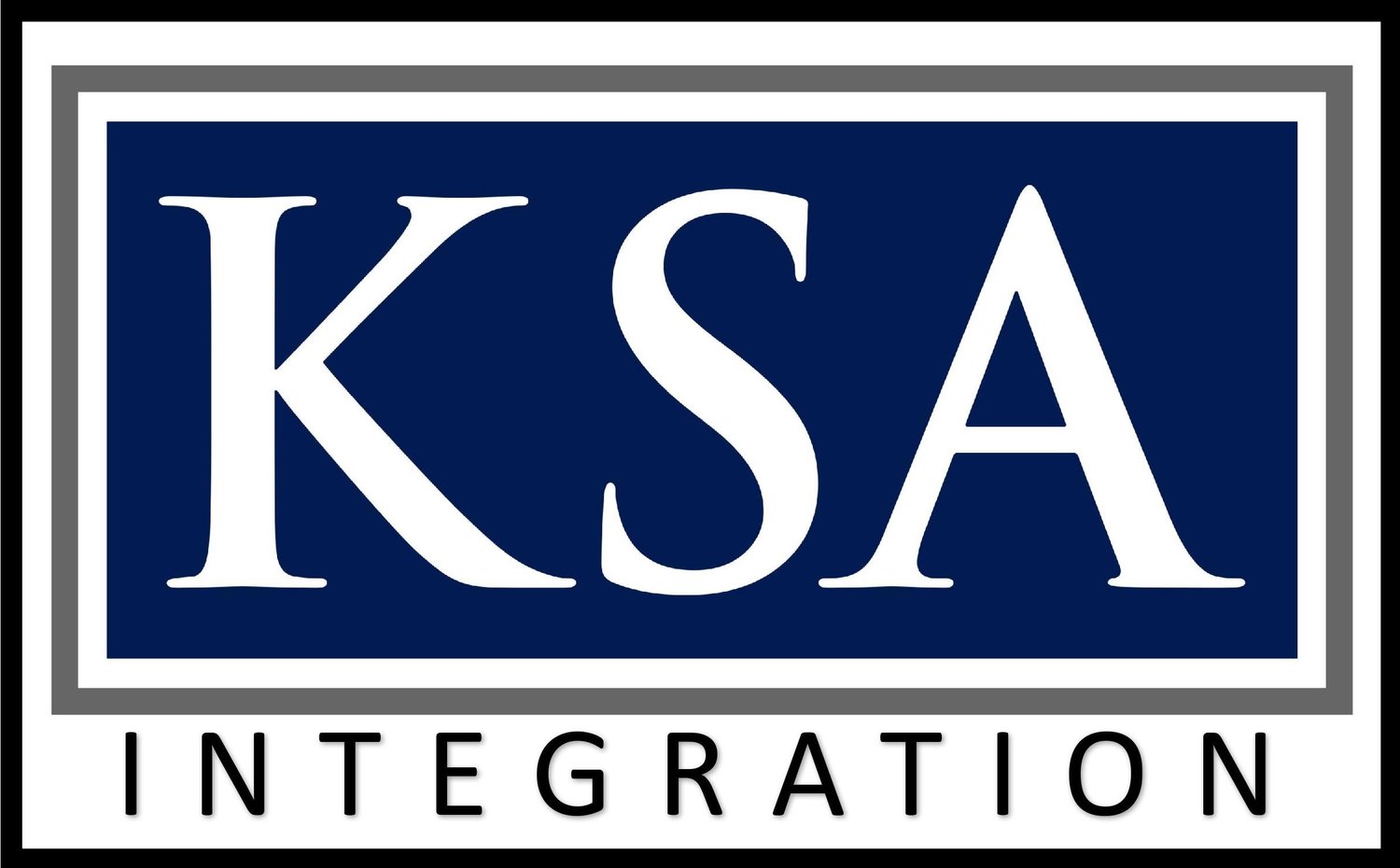The Marketplace of Ideas
- June 23, 2015
- Posted by: k-admin
- Category: Leadership

The “marketplace of ideas” is a rationale for freedom of expression based on an analogy to the economic concept of a free market. The “marketplace of ideas” belief holds that the truth will emerge from the competition of ideas in free, transparent public discourse.
The same is true in organizations. Leaders are the consumers of ideas in the business marketplace. In organizational behavior, a well functioning market place of ideas yields many benefits:
- The best creative thinking of those closest to the customers, the employees, are put into action.
- Assumptions are examined, checked for validity, and if needed, revised.
- Competitive conditions and the company’s evolving operating environment is refreshed and can be used in strategy, planning, and daily execution.
- Employees understand that what they think matters.
- Customers understand that what they think matters.
- Leadership horizons are broadened and perspectives deepened.
- Risks are evaluated and opportunities seized.
- Innovation and adaption can occur.
In the summer of 2003 I was the Deputy Commander of the I Marine Expeditionary Force (MEF), in Iraq. We had defeated the Iraqi Army and Air Force in our sector but were fighting small unit enemy forces in a huge geographic area of southern Iraq. Up to this point we had employed time tested combined arms and maneuver to locate, close with, and destroy the enemy. It worked well against conventional enemy forces. But as we defeated Iraqi units, very small elements and even individual terrorists continued the fight. Traditional combined arms and maneuver did not work very well against them. The fight had changed.
Thankfully, we realized this in relatively short order because the leaders of the MEF, including the 1st Marine Division, 3D Marine Aircraft Wing, 1st Force Service Support Group, and our principal Coalition Ally, the U.K., practiced within a healthy and energetic marketplace of ideas. The leaders of these organizations capitalized on initiative, open communications, and proactive implementation of insights and recommendations from the lowest levels of the MEF; those closest to the enemy and the civilian population, the latter which we were very much trying to help.
Not only did the MEF leaders recognize that the fight had changed, but we tapped this treasure trove of thinking to transition from primarily kinetic actions to counter insurgency operations. The MEF shifted to helping and protecting the civilian population as best we were able, putting Iraqi men to work with jobs, building hospitals, restoring electricity, providing clean water, and targeting the enemy in precise ways to avoid hazarding the civilian population. All of these activities came from the marketplace of ideas in I MEF. Later, other units all over the country recognized and adopted the same approach, a tribute to the power of the producers and consumers in I MEF’s marketplace of ideas.
Years later I worked at a very senior level in a different large organization. It was highly centralized in its decision making with staff functionaries wielding extraordinary influence, effectively suppressing initiative and creativity from those closest to the customers and the organization’s products. The effects of this environment on organizational performance and the ability to adapt and thrive were as negative as the I MEF model had been positive. It is a lesson I will never forget.
Every healthy organization needs a vibrant market place of ideas. If leaders consume its products, the producers will more than amaze with their ingenuity and effectiveness. But the key to success is having leaders who consume the products and help create even better ones.
Leaders have to look to the marketplace of ideas for new and better products every day.
“What we see depends mainly on what we look for.”
— John Lubbock
Keith Stalder, #50
Copyright © 2015 Keith Stalder & Associates, LLC. All rights reserved.
Keith Stalder has over 40 years of leadership experience in organizations from the very large and established to small technology start ups and everything in between. With a broad and deep appreciation for, and understanding of, the fundamental challenges of organizations and businesses, both in government and the private sectors, his passion is to help all organizations become all that they aspire to. He is the founder of Keith Stalder and Associates, LLC, a company dedicated to advancing organizational visions and fundamentally transforming how businesses everywhere are run. Visit www.ksaintegration.com for more information.
